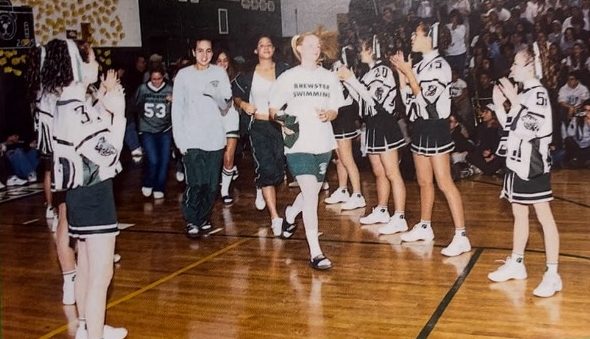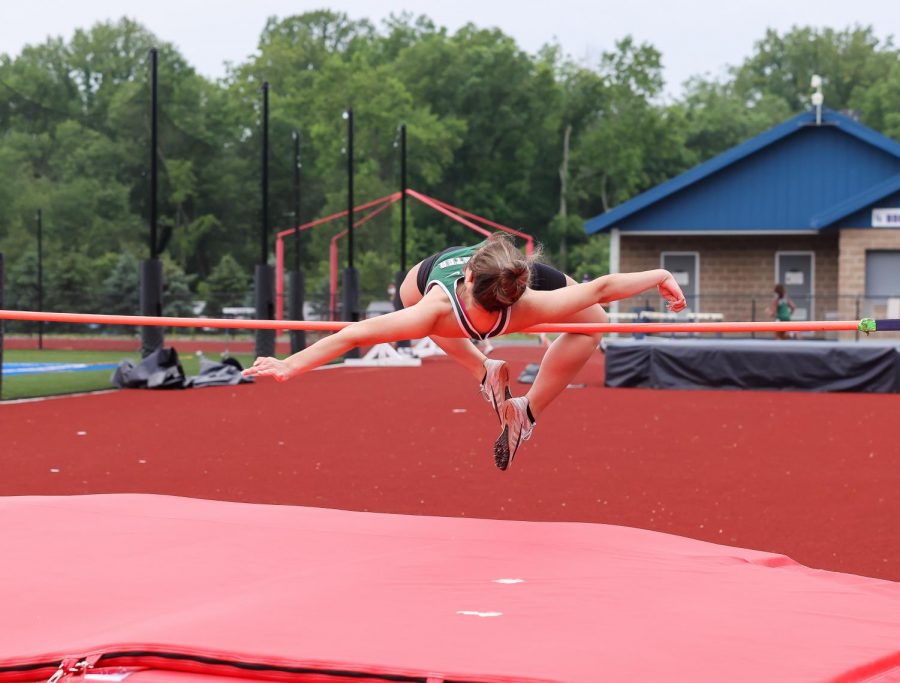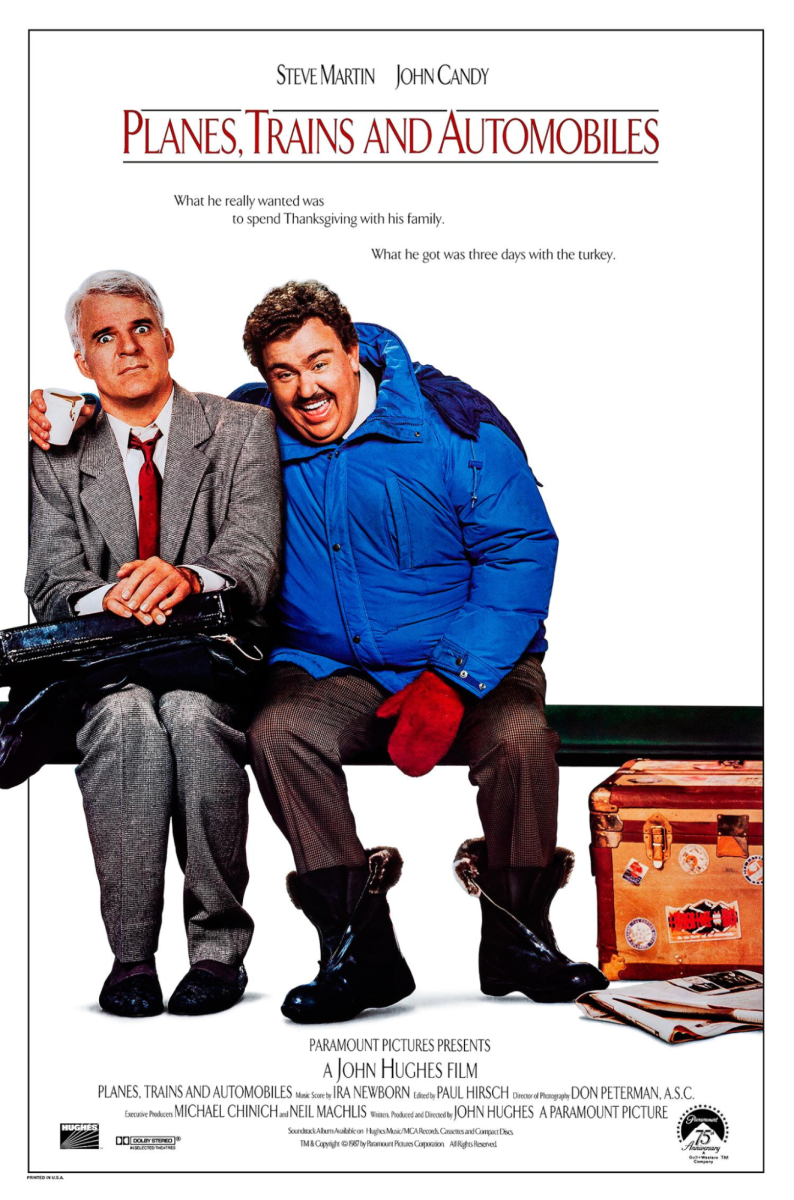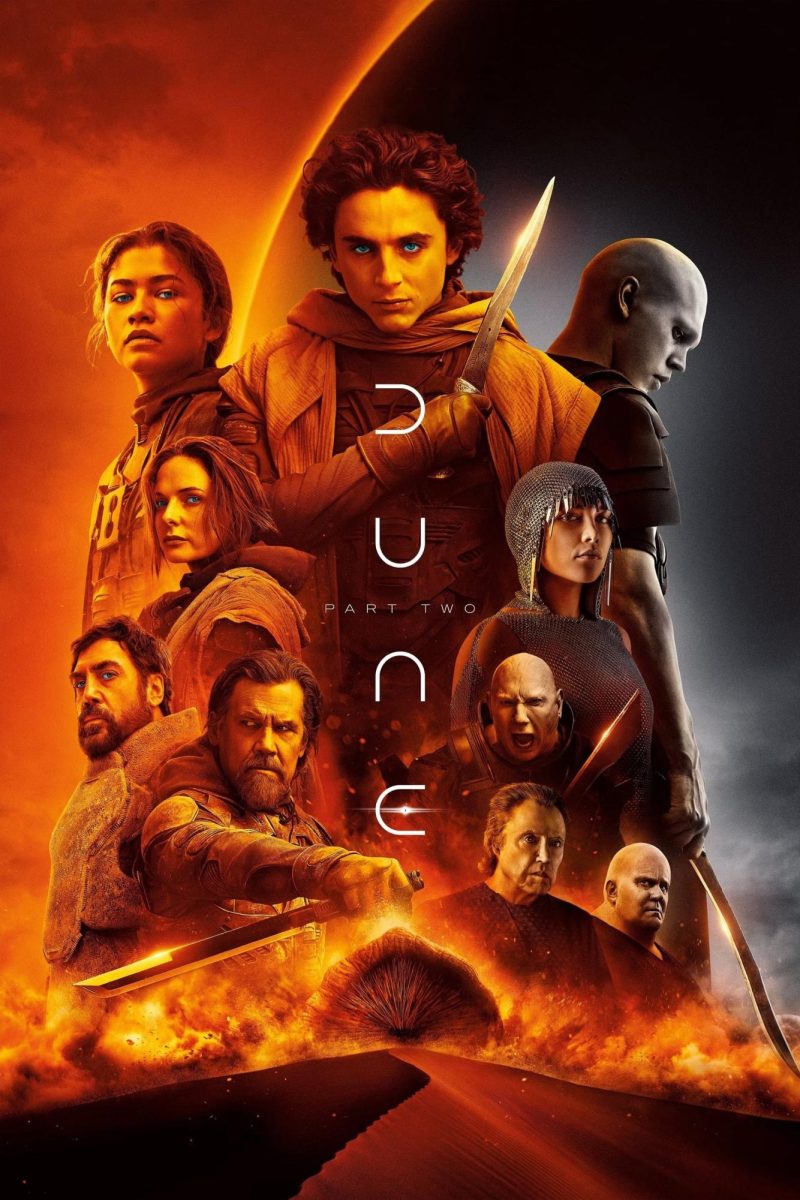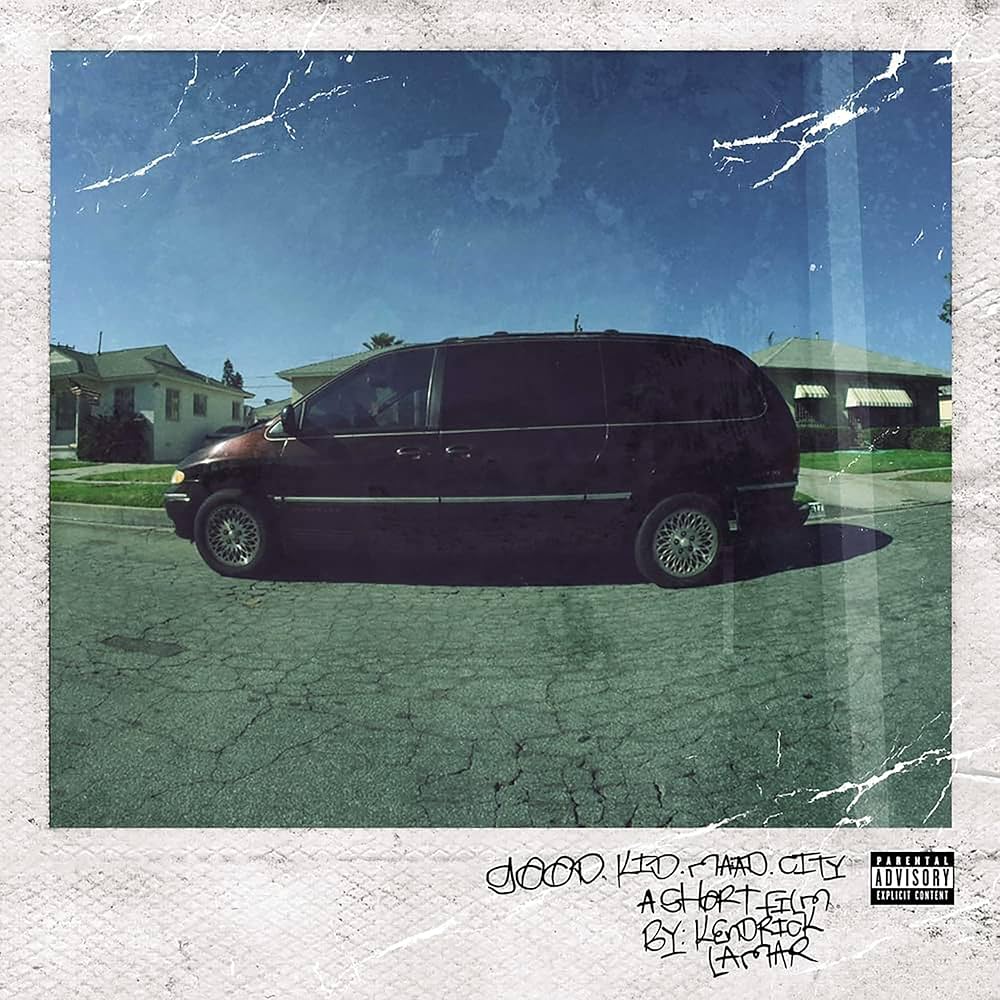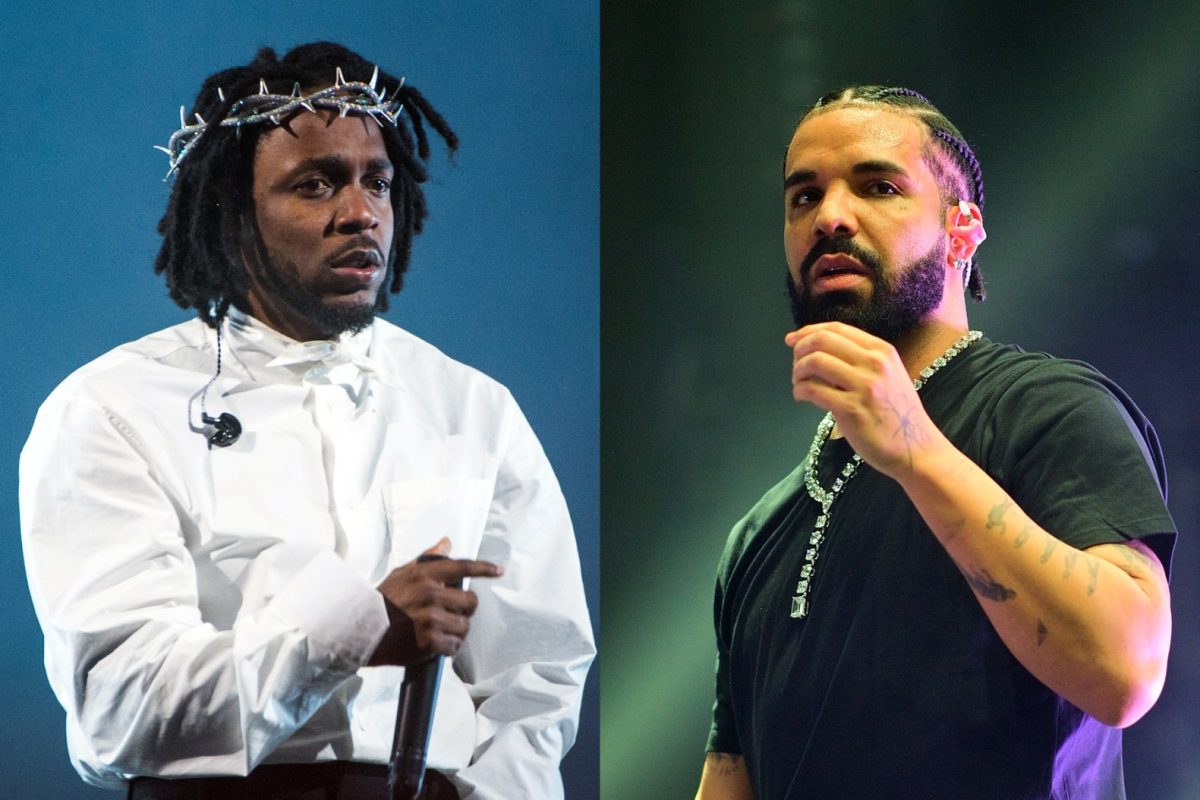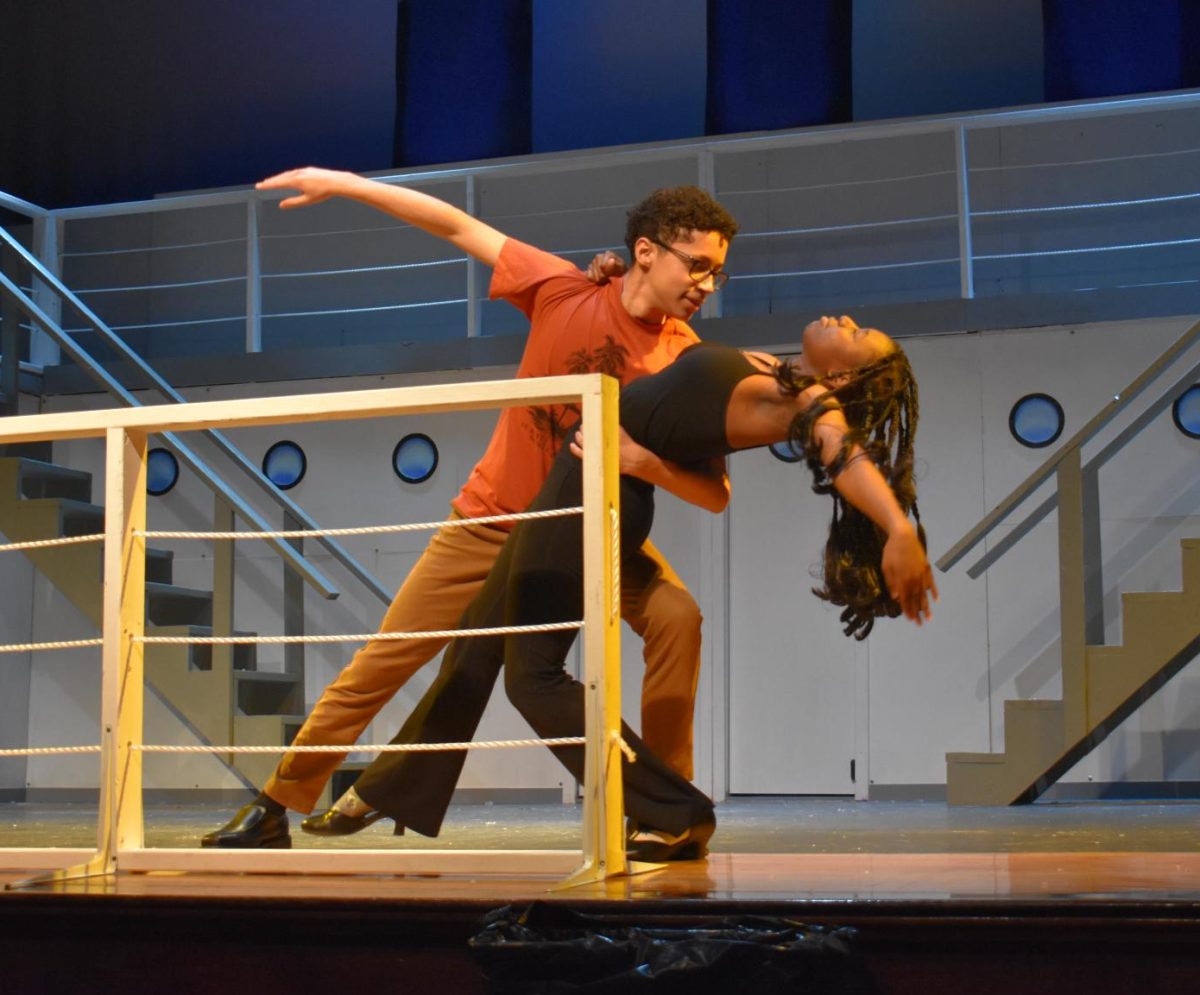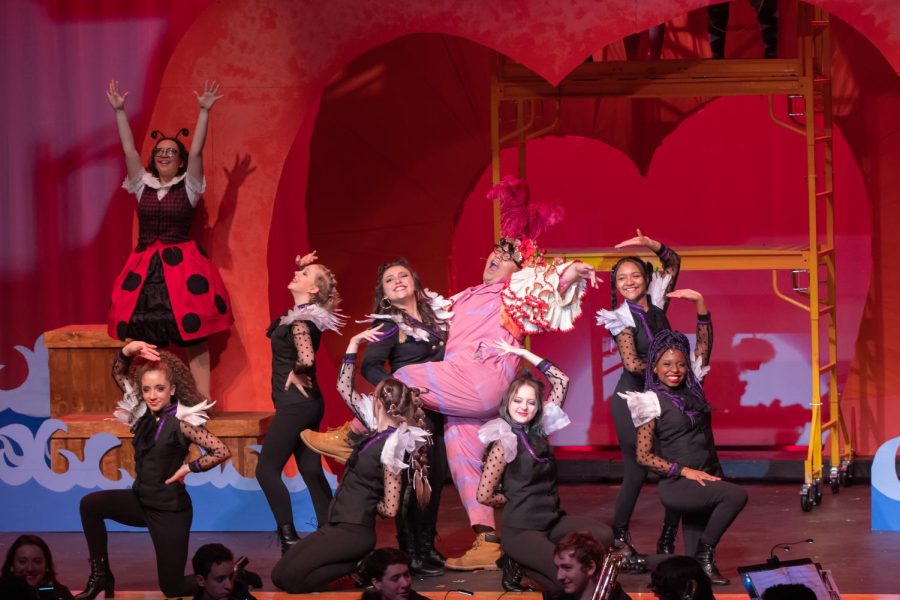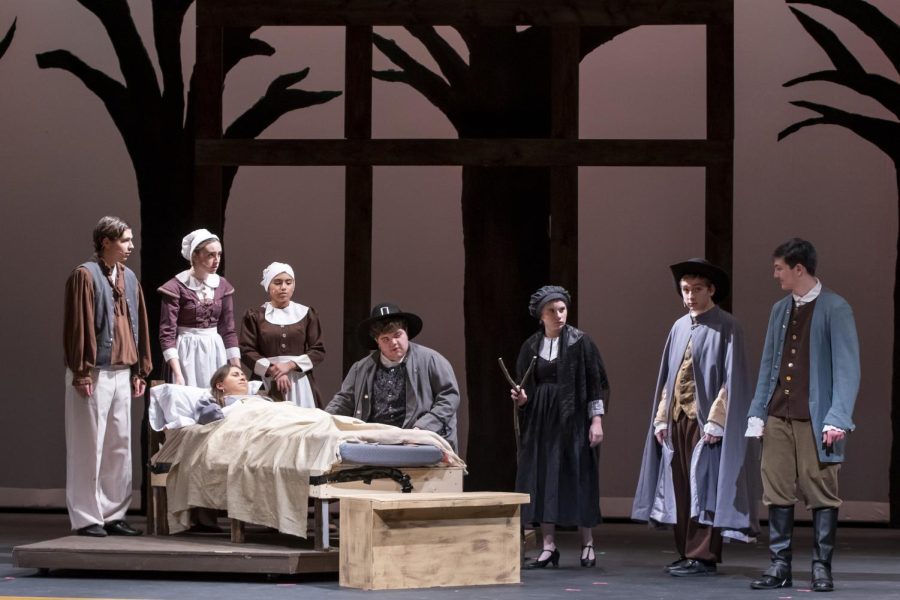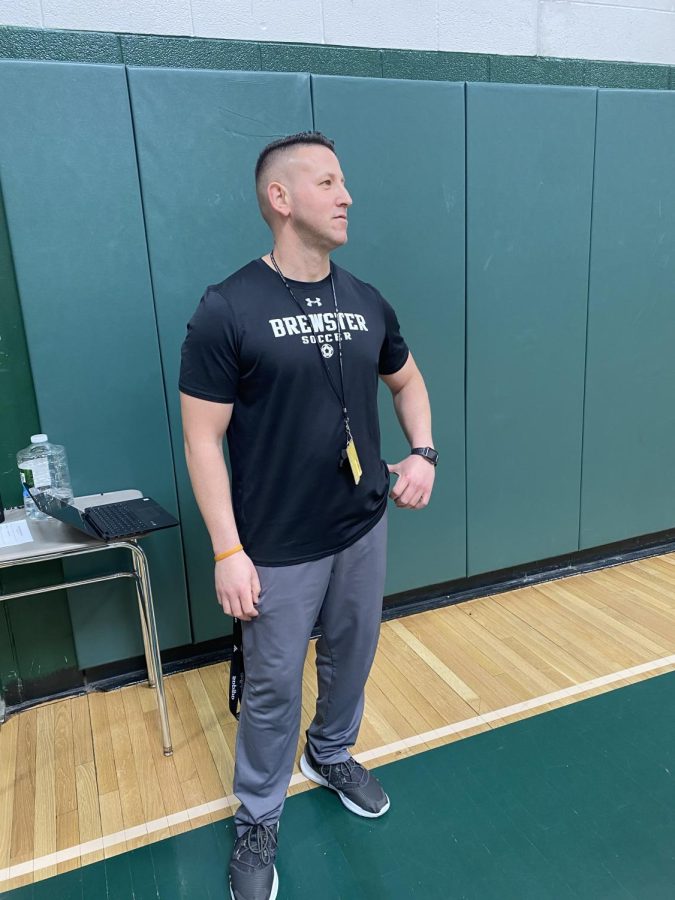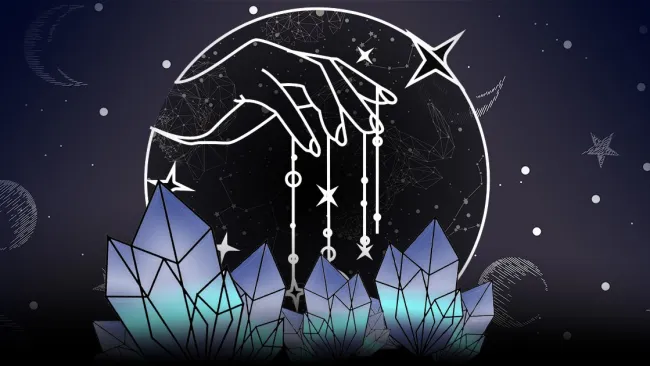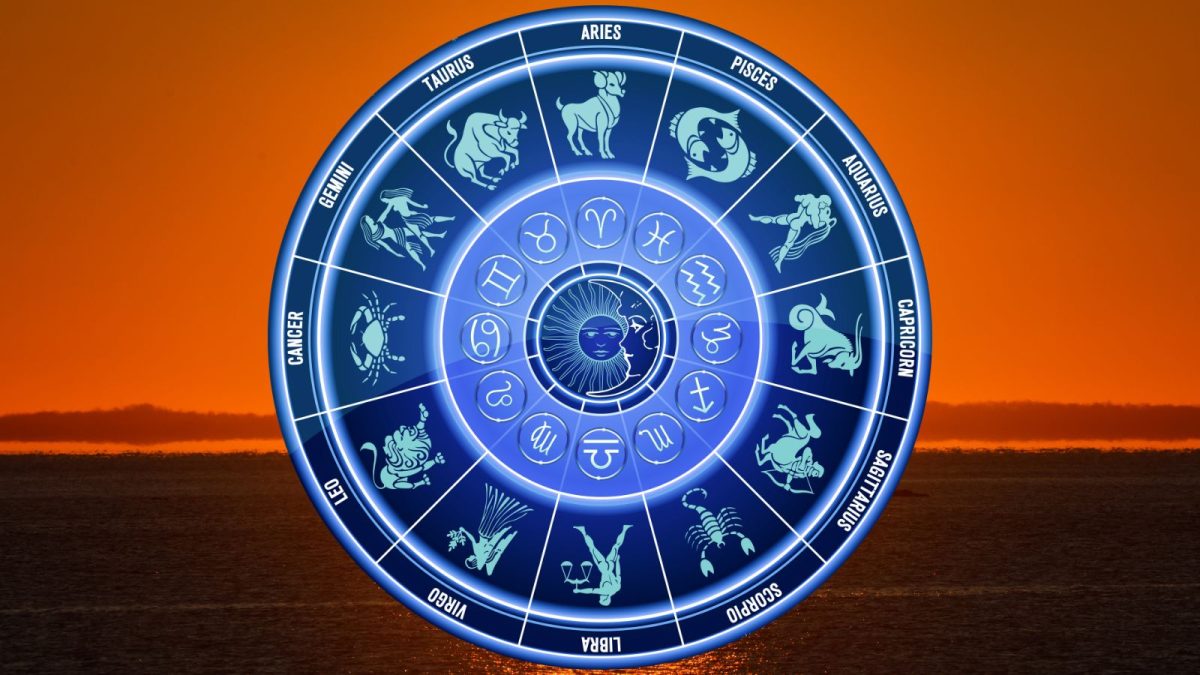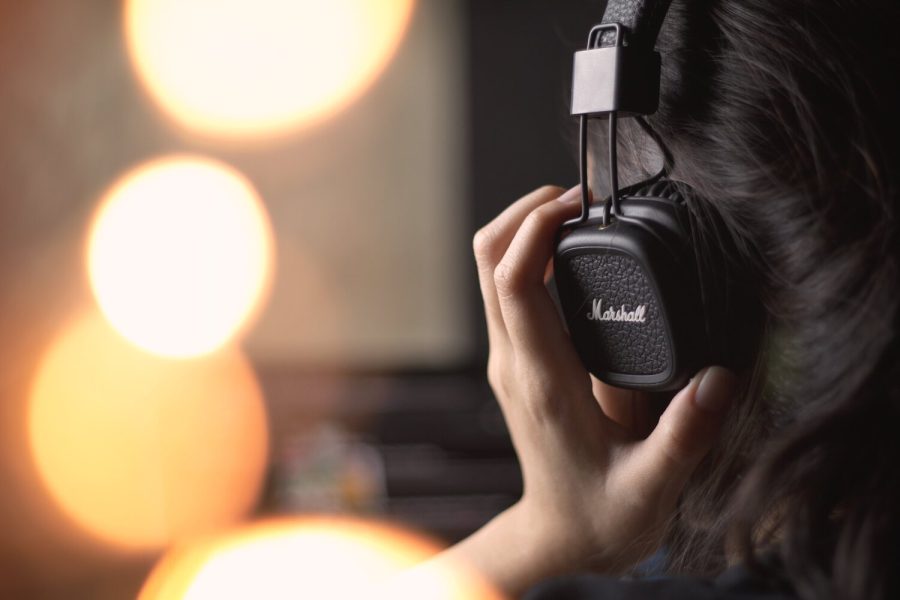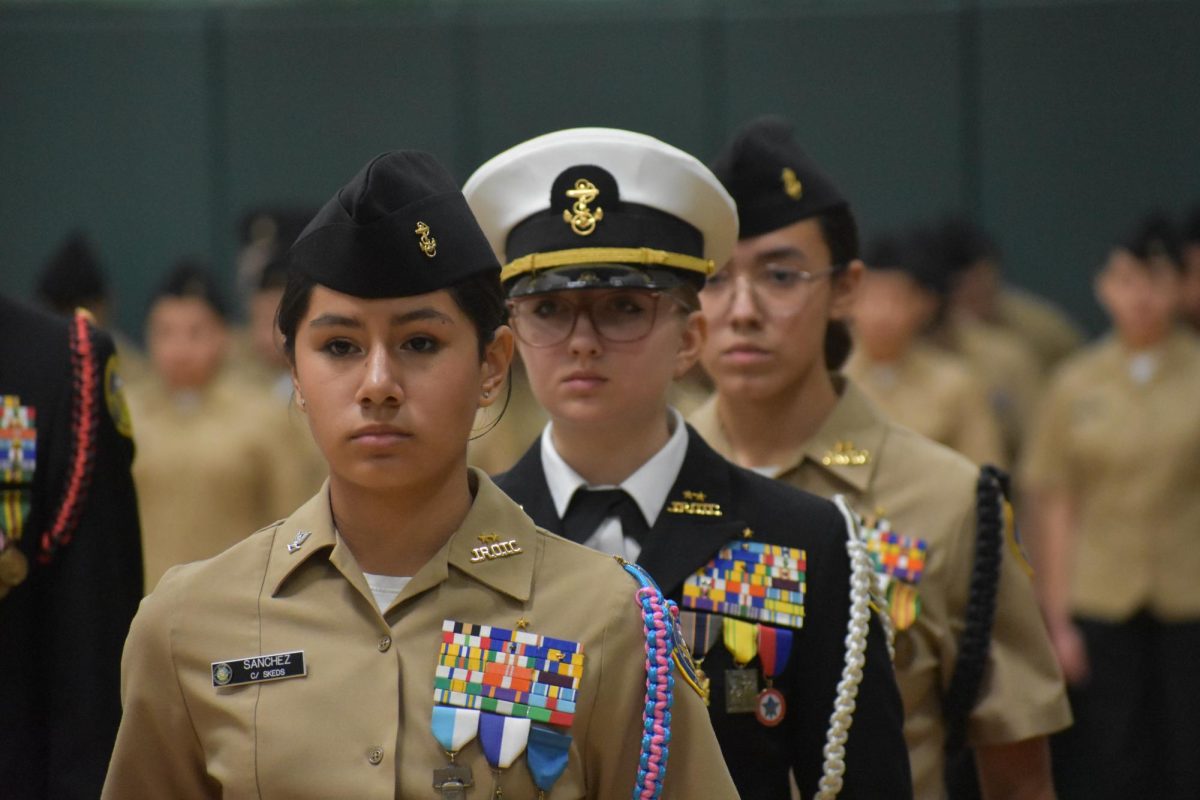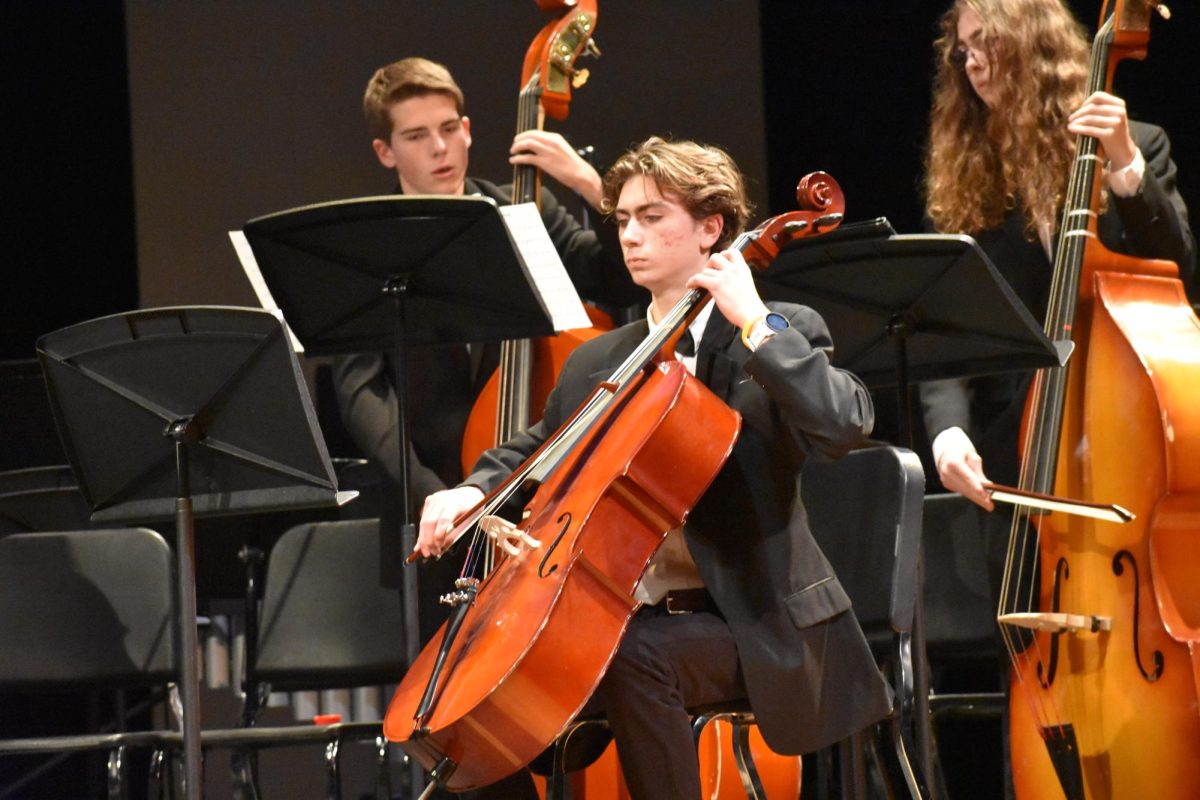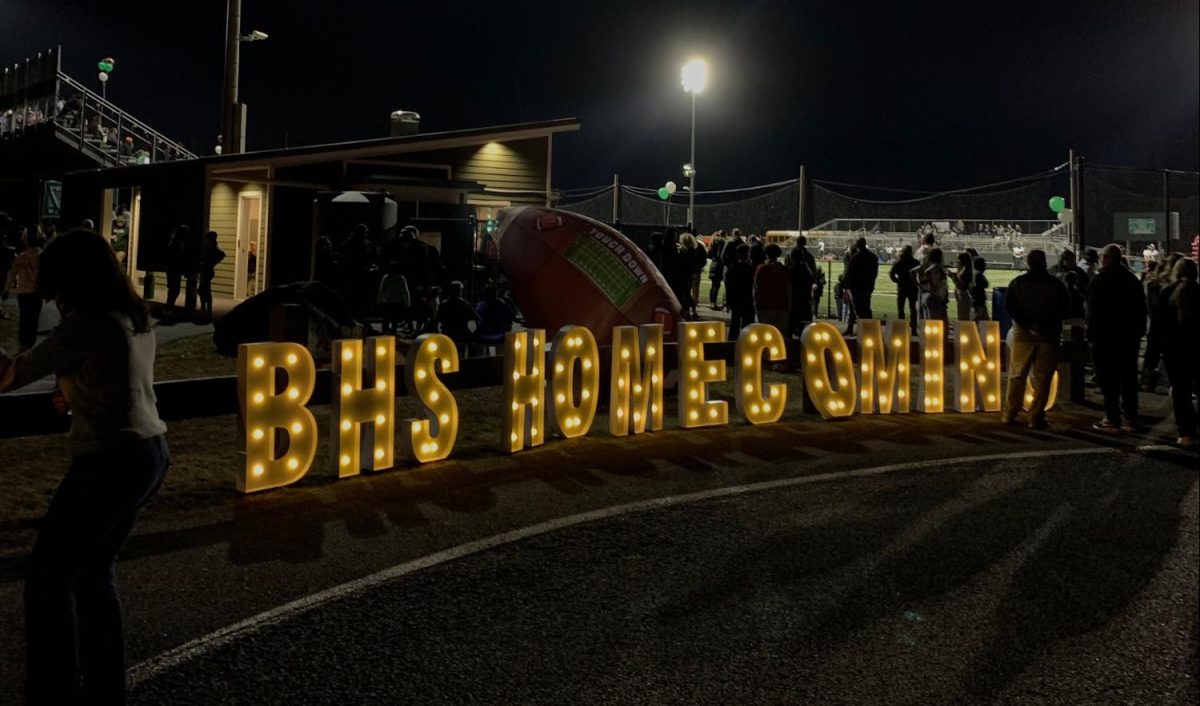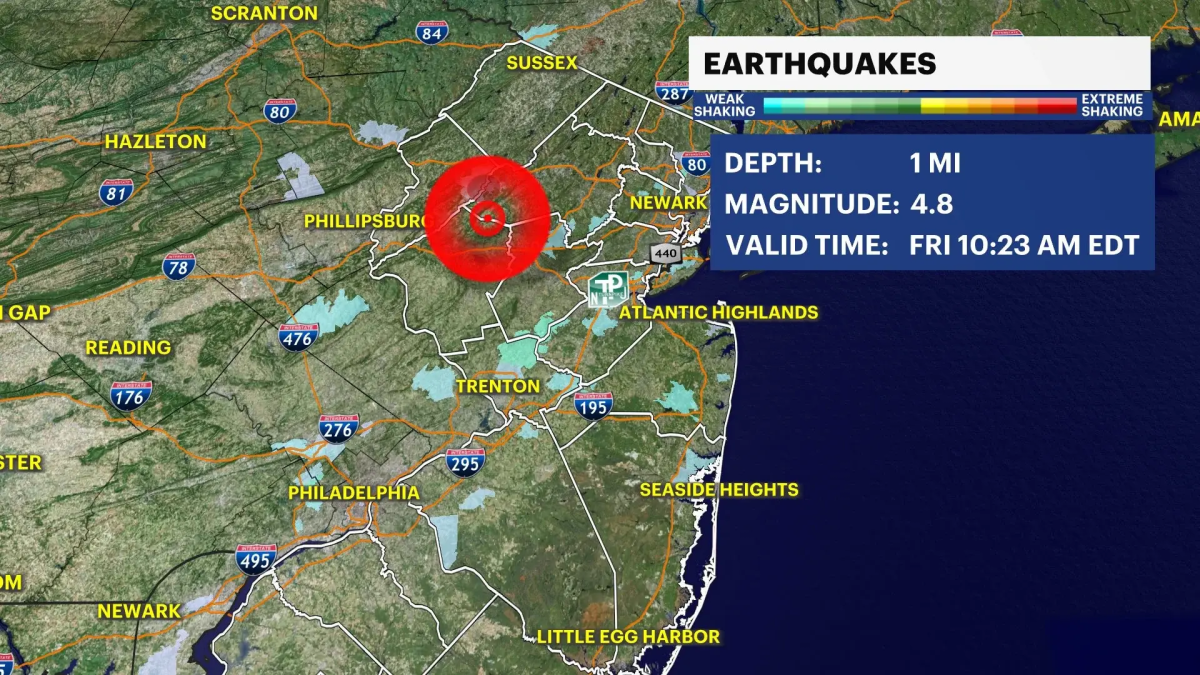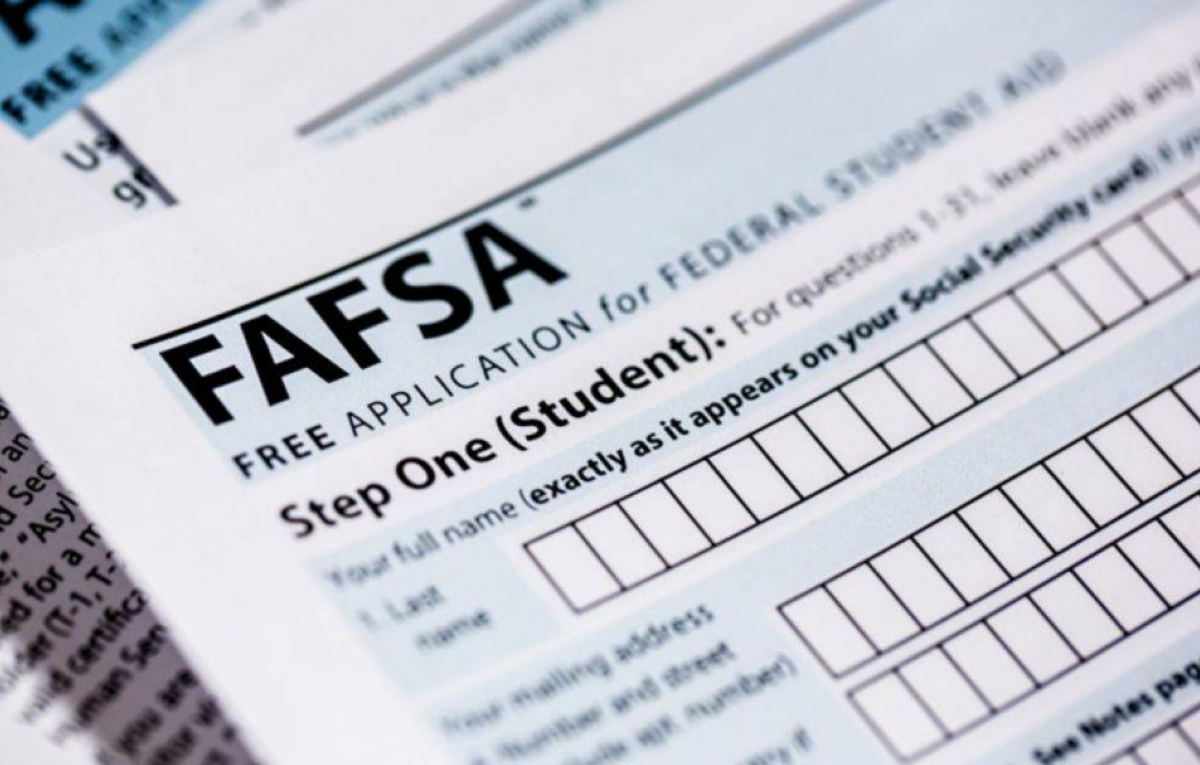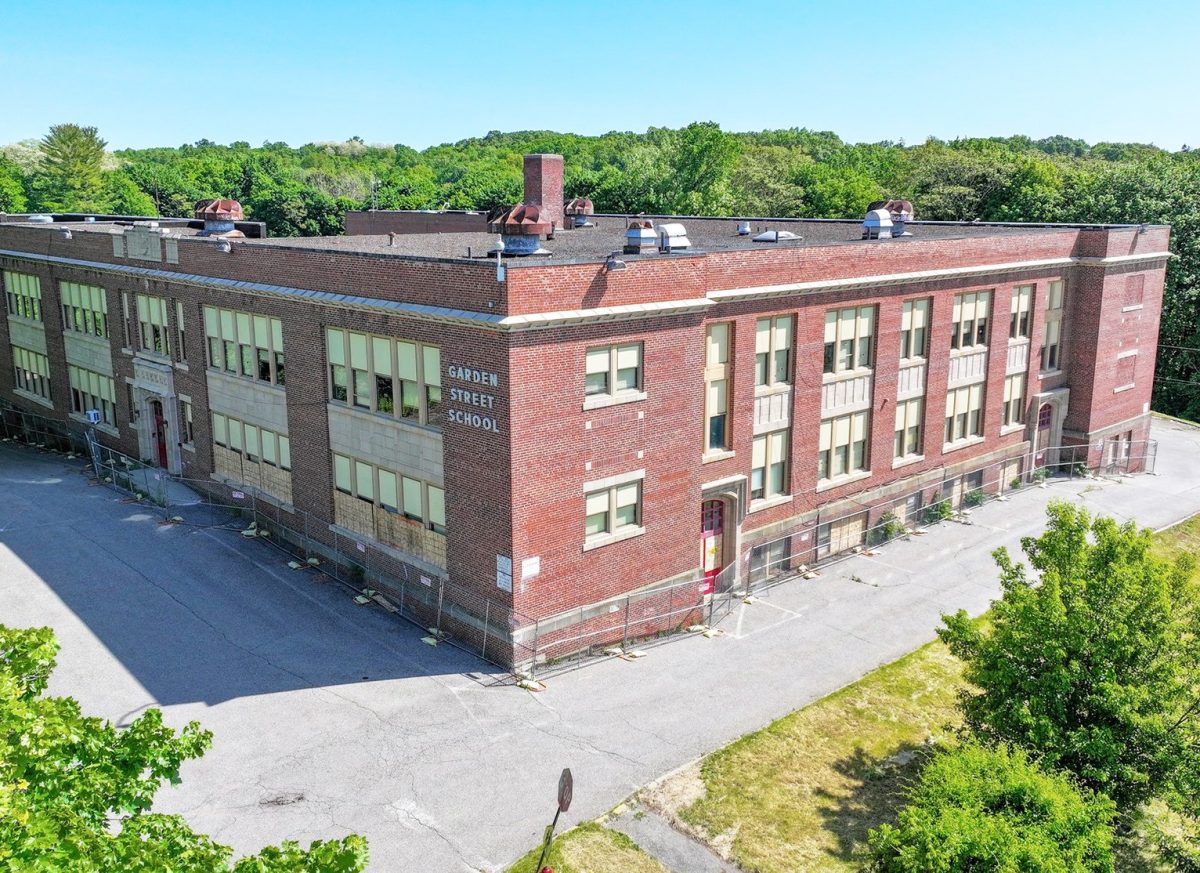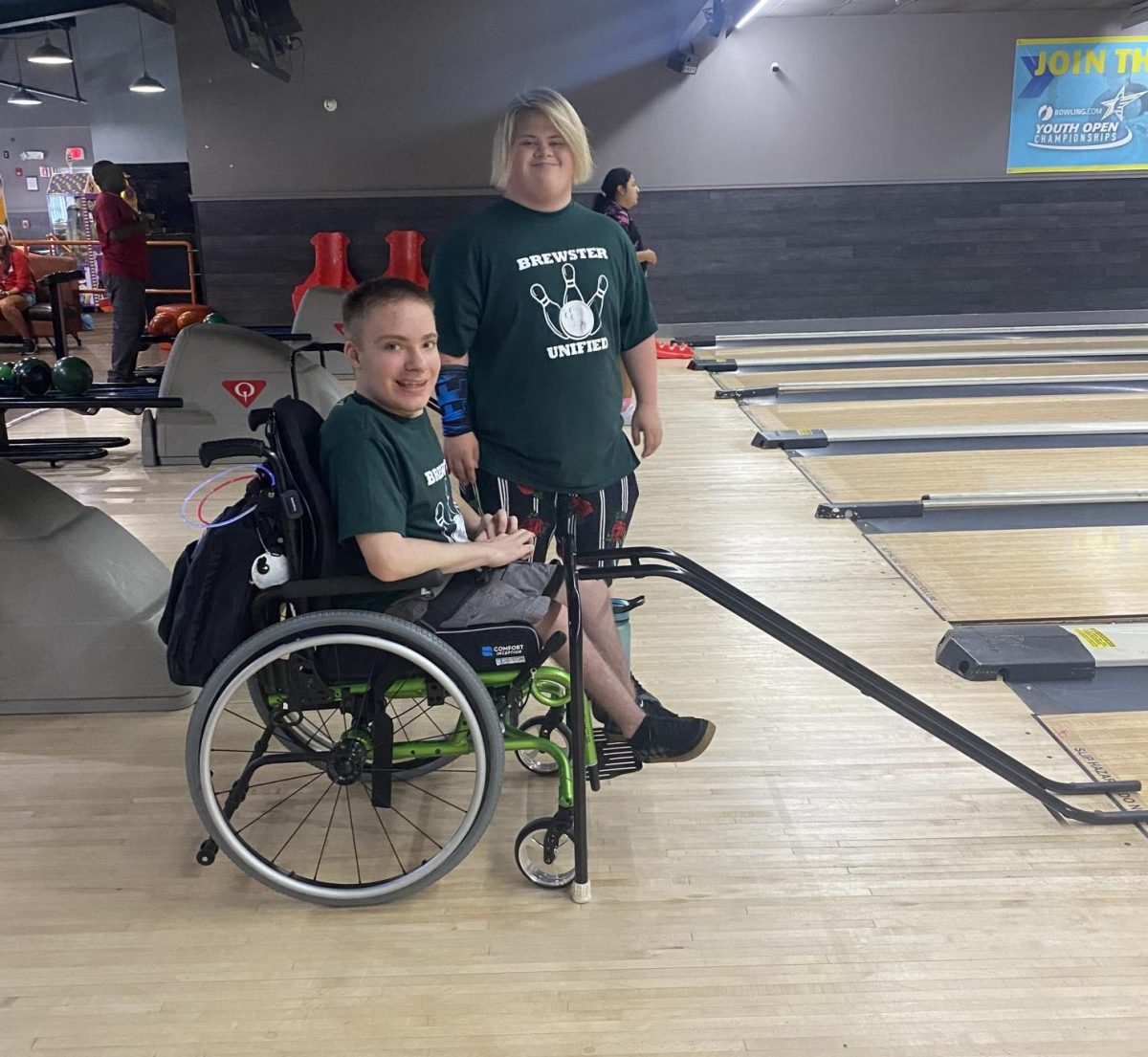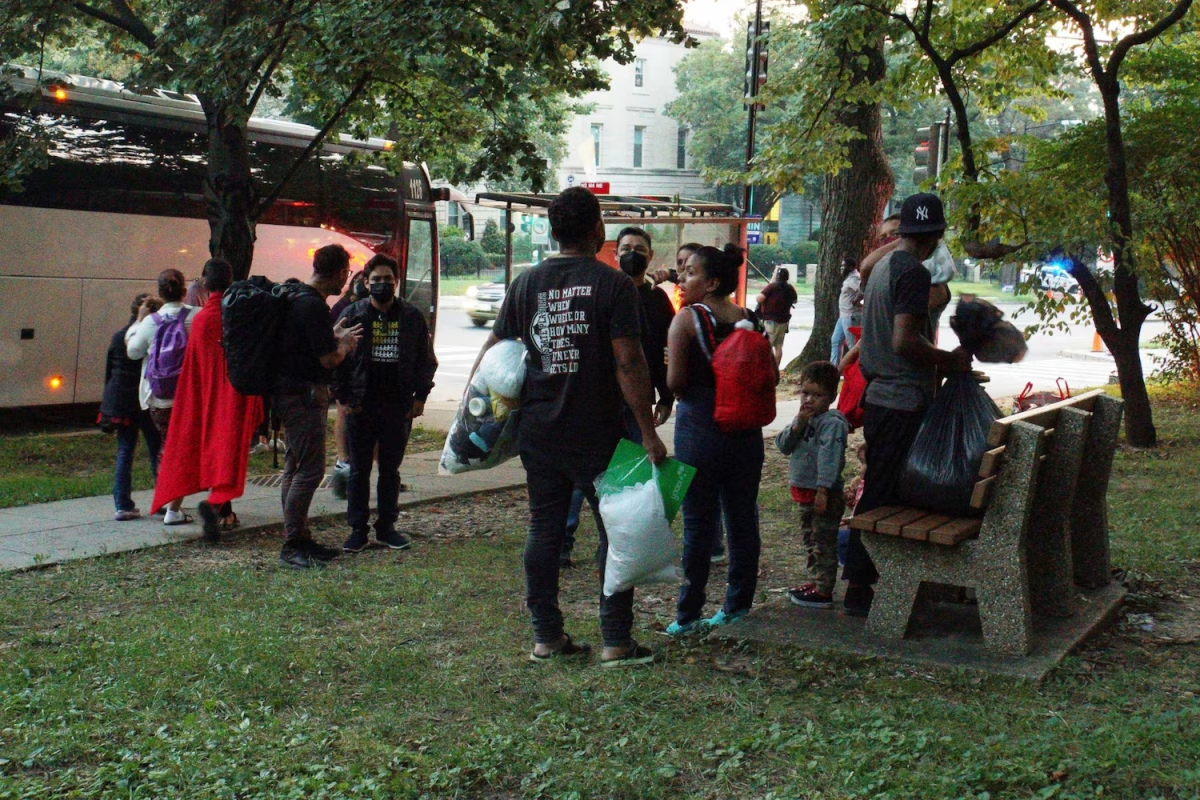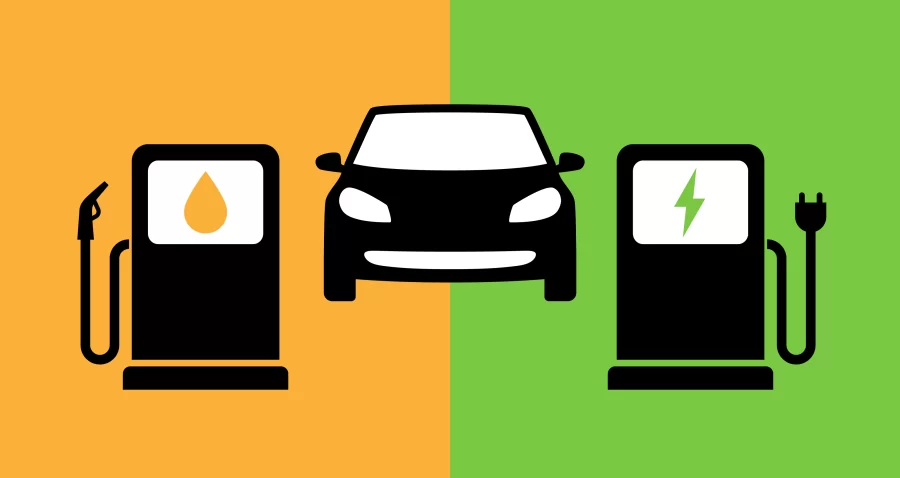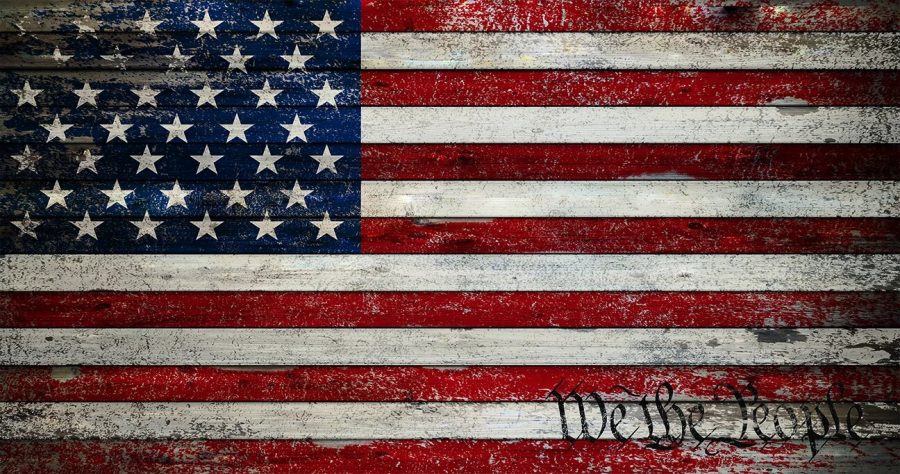Point/Counterpoint: Should We Stand for the Flag?
December 9, 2020
Point
“Congress shall make no law respecting an establishment of religion, or prohibiting the free exercise thereof; or abridging the freedom of speech, or of the press; or the right of the people peaceably to assemble, and to petition the government for a redress of grievances.” These words, as written by James Madison, are from the Constitution’s 1st amendment and protect the American people’s inalienable right to express themselves. The freedom to sit during the Pledge of Allegiance is ours by right, and regardless of personal opinion towards how seeing someone exercise that right may make one feel, it is their right to exercise as an American. The freedoms and liberties that are equally endowed upon all American citizens since the moment of birth until death are free for each individual to exercise as they see fit. If that includes sitting for the pledge, then they are well within said freedoms and rights to do so.
My great uncle-in-law was a WWII veteran who experienced firsthand what it truly means to serve one’s country and risk one’s own life in order to defend the very freedoms and rights in question. Understandably, most people who oppose sitting for the pledge do so because they view it as a sign of disrespect towards the troops and those who have given their lives for this country. Regardless, just like many of our own family members, my great uncle served and fought for that very right to express oneself and that includes sitting for the pledge. The importance of expression and the freedom to do so in this country is what makes it great; to say that one cannot or should not sit or stand for the pledge is to limit that person’s rights as an American. The beauty of America is in its duality and the fact that just as easily as one can rise for the pledge, one can also sit.
There is one other vital aspect to this debate, which is the political activism standpoint of why people would even feel the need to sit for the pledge in the first place. That reason varies for different people, but the most consistent reasoning behind sitting down for the pledge comes from the last line in the pledge itself: “…with liberty and justice for all.” The significance of this line is in both its great promise and lie to the American people, that this country offers liberty and justice for all, regardless of race, religion, color, creed, gender, sexual orientation, or otherwise. Just as my great uncle sacrificed his youth to fight in WWII, my second cousin who was drafted into the Vietnam War never got the chance to be a veteran, as he actually gave his life for this country. The key difference between the two is that my second cousin was a native Puerto Rican who had never set foot in this country let alone spoke a word of English. The important difference is that Puerto Rico is not a state but a territory, of which its inhabitants are considered American citizens yet can not vote in the federal/presidential elections of the mainland to which they are a territory to. So, one must ask themselves why is it that this country can proudly boast of its “liberty and justice for all” yet deem it acceptable to draft and allow the deaths of “citizens” into their wars, denying them the right to take part in the process that decides the Commander-in-Chief, the head of all armed forces? And why should they, their descendants, and/or relatives have to stand for the flag of a country that took their life away in a war that their home country had no part in?
This same sentiment has been shared with many prominent black individuals, such as Colin Kapernick, who feel that due to instances of police brutality and systemic racism in this country, the line of “liberty and justice for all” does not apply to them, as they have been routinely denied those very things on the land which waves that very same flag. Earlier this year, the U.S. used its own troops to fire tear gas and shoot rubber bullets at its own people who were exercising their constitutional rights. So again, one must ask, why is it that people in this country who feel disenfranchised, who have been historically and currently oppressed should stand and respect a flag that has not historically or even currently stood for and respected them?
Counterpoint
You ask why I stand for the flag, and really, the answer to that question is quite simple and is not as controversial as people make it out to be. When the announcements come on in homeroom in the morning, I take a mere ten seconds to get up out of my chair, put my right hand on my heart, turn my attention to the flag, and recite something that I learned as a preschooler. As I said before, this takes ten, maybe twenty seconds. And then I sit back down and continue on with my day. It’s as simple as brushing your teeth or putting on your shoes. However, the meaning behind it is really worth way more than ten seconds.
The reason that we stand for the flag is to take a moment each day to realize the incredible freedoms that we have. To be in a school building that serves you free food, that gives you an education, that gives you exactly what you need to be successful in life, is one of the freedoms that we have that we all take advantage of every single day. We have the freedom to partake in any religion that we want to, to advocate for what we feel is right: we have so many freedoms as Americans that we don’t even realize are freedoms.
However, there are people who gave us these freedoms and are continuing to fight for our rights to keep them to this day. These people are veterans who served our country and sacrificed their lives. One of these people is my father, who spent eight years serving our country. Four of those years he was overseas and literally put his life on the line for people he will never meet, for people who weren’t yet born, and for people who are not appreciative of what he sacrificed for them.
Now, does it make sense to refuse to give ten seconds of your life each morning to honor these heroes just because you don’t agree with what is happening politically or because you’re just feeling lazy? Absolutely not. Now, keep in mind, I am well aware that these same veterans also gave you the right to not stand for the pledge of allegiance. However, for everything these incredible people have done for you, I think you should stand up and give them 10 seconds of your life, because some of them don’t even have the ability to stand anymore due to injuries they received while serving our country.
I also understand that the presidential election that was held this November was a very big deal, and that the times we are in now have a lot to do with this issue. I understand that they have a lot to do with these freedoms, and who was not necessarily receiving said freedoms. However, one candidate does not represent the entire country, even if that candidate serves/served as our president. That candidate does not make up who we are as Americans. We should still be proud to be Americans, and we should still fly our flags high and honor them just as much as we did before. Burning and destroying our flags is not solving any problems: it is only creating more. Please consider viewing our flag not for who our current president is/will be in the future, but as a way to honor those who gave us the rights that we have.
As far as learning virtually goes, I know that when the pledge comes on we all have our Zoom cameras off. I know that most of you are probably still in bed. I know that it is super early in the morning, and that no one is going to know whether you stand for the pledge or not. However, it’s really what we do when no one’s watching that matters most. And I know for a fact that those incredibly heroic veterans would love to know that you are saying the pledge of allegiance even when no one can see you.
So, the next time that the announcements come on, and somebody says the pledge over the loudspeaker, I hope to see more of you standing up and giving thanks to those who gave up everything they had for you, because that really is the least we can all do to honor those valiant heroes.



